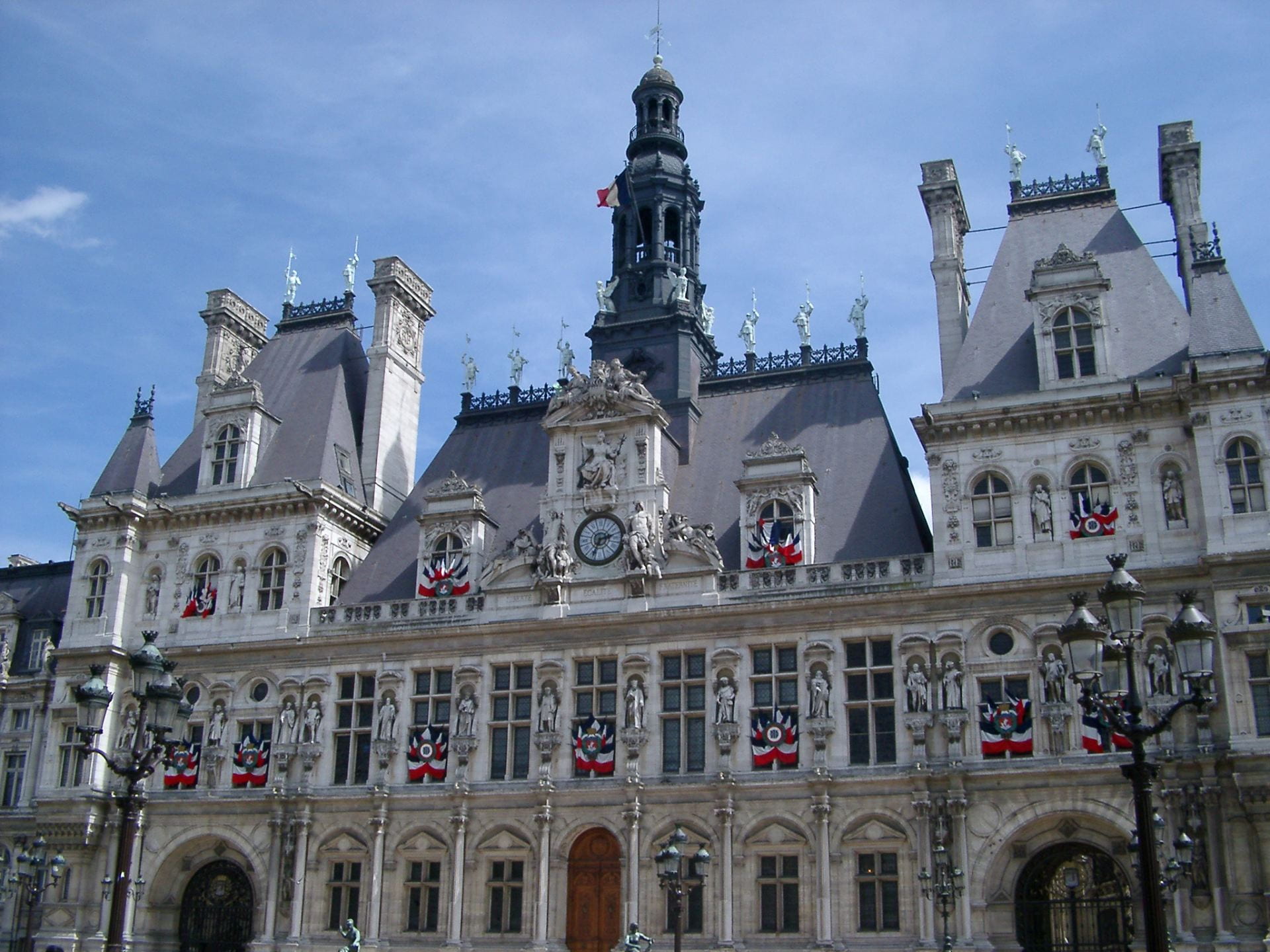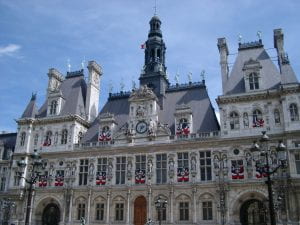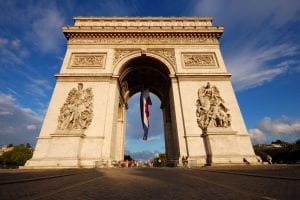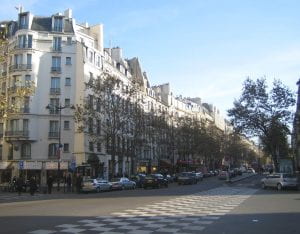Gisèle and Dominique Pélicot got married in the spring of 1973 in France at the age of 21. Considered the ideal couple that managed to find rare and great love in their life stories, it was a tale that brought about three children and seven grandchildren. A loving marriage of about 50 years with regular family vacations. When the couple decided to finally retire and move to Mazan in 2013, Gisèle’s health started to deteriorate unexpectedly and inexplicably. She began to lose hair, lose weight, and lose considerably large gaps of memory, as accounted for by herself and her children. Overcome with the fear of Alzheimer’s, Gisèle remained unaware of the sickening truth that her now former and arrested husband had been concealing. A truth that had been hidden for a decade.
The Act Revealed
While in a grocery store, Dominique Pélicot was stopped by a security guard for filming under various women’s skirts in 2020. This led to his arrest and an investigation that revealed the heinous acts committed by Pélicot.
Over 20,000 photographs and video footage of numerous men sexually abusing an unconscious woman were uncovered. The data had been organized in a folder labeled “abuse,” with dates and names attached to most of them. Messages sent by Pélicot to recruit these men were found, and the unconscious woman was identified to be Gisèle.
Once taken into custody, Dominique made his confession. From 2011 to 2020, he had been crushing Lorazepam, a psychoactive drug intended for anxiety and sleep, into Gisèle’s food and drinks before bed. It is believed that Dominique Pélicot had been prescribed about 780 Lorazepam tablets over the years. Not only was Pélicot drugging his wife for almost a decade, but it was also the cause behind her deteriorating health.

In addition, there are claims indicating that there were nude photos of his daughter and daughters-in-law found in the data that were taken without permission.
When Gisèle was asked to come to the police station, she initially defended her husband as being a good man who would not do such things. This faith and trust of hers were completely shattered when the uncovered evidence was shown. Within a short time period of leaving the station, she filed for divorce. “I don’t know if I’ll ever rebuild myself,” she stated.
Court Trial
The trial of Dominique Pélicot began on September 2nd of this year. The case is being held in the Avignon court with five judges and is anticipated to last until December 2024. Although authorities have 72 suspects in accordance with the footage and photographs, 51 men are on trial, including Dominique, with the risk of up to twenty years of prison time each. The spread of this network began in an online chatroom named “à son insu” or “without her knowledge.”
Although Dominique has openly admitted to raping Gisèle and speaks of remorse, that is not the case for all the men. Thirty-five due to various arguments. Such reasonings include thinking Gisèle had consented and was faking her sleep, thinking they were partaking in a game, thinking they had been tricked by Dominique, thinking they were forced or terrified, and, most commonly, thinking that Gisèle’s husband’s consent was enough. Contrarily, lawyers have stated that the video footage displaying smiles and moments of joy for these men is enough to reflect their hypocrisy.
Most of these men ranged from ages 25 to 74 and lived within a 60-kilometer distance of Mazan. Some had previous records of domestic violence, sexual violence, drunk driving, and possession of drugs. This included nurses, journalists, prison wardens, farmers, soldiers, tilers, and more. People that we may encounter in our daily lives.
A 43-year-old carpenter defendant who has been recorded in the Pélicot home in October 2019 and January 2020 claims to have been a part of a simple sexual game with Gisèle being a consenting partner, according to her husband. “Now that I am being told how the events unfolded, yes, the acts I committed would amount to rape,” he states, yet he continues to insist he is innocent of the charges.
A 37-year-old agricultural worker who was in the Pélicot home on 2018 New Year’s Eve states that rape was not his intention. Upon receiving permission from Gisèle’s husband, he considered her consent to be received alongside.
This is a case of barbaric actions accompanied by ongoing denial of harm to its victim, who unknowingly suffered physical violations, emotional and mental collapses, health struggles, and questions about her ability to continue her life. It is undeniable that the actions committed by these men, for almost a decade, breach the rights and basic expectations Gisèle had of privacy and comfort in her own home. Yet, despite the anguish and shattering of her trust, she decided to stand tall and publicize the case, contrary to the court’s suggestion of anonymity. “Shame must change sides,” Gisèle says.

Receiving bouquets, applause, strangers standing outside the court, and demonstration marches, the support and love of the public have been with Gisèle, now a symbol of fighting against sexual violence, since the beginning. This is due to the lifting of anonymity from the case, which has now also become a source of hope that the questionable French laws on sexual crimes may change.
The Controversial French Law
France established a legal age of sexual consent fairly recently in 2021. This was due to public commotion demanding the reinvestigation of an 11-year-old girl’s rape. In continuation, it is hoped that the publicizing of the Pélicot trial and the public support for Gisèle may bring changes to France’s controversial definition of rape.
The European Union has been pushing for a common law on sexual assault for a while. Surprisingly, what divides the countries is whether consent matters. In France, prosecutors must prove the use of violence or threat in their cases, with consent being irrelevant, as displayed in the arguments of the Pélicot case defendants. For years, France has defined rape as actions committed “by violence, constraint, threat or surprise.” Advocacy for consent-based legislation on rape has been ongoing since before the Pélicot trial. However, authorities have shown little progress.
In November 2023 and February 2024, proposals suggesting rewriting French criminal codes for rape to include “without voluntary consent” went to the Senate and the National Assembly of the French Parliament, respectively. However, neither bill made it, and no conclusions have been delivered.

Alongside other lawmakers, earlier this spring, on International Women’s Day, President Emmanuel Macron expressed an imperative need for change in favor of adding consent to French laws. However, eight months without any reforms have passed.
This is a significant matter of concern as consent is not simply an addition to legal repercussions but a question of basic respect, dignity, and autonomy. Therefore, it is crucial that the legislature accounts for consent to reflect the protection of victims and the gravity of such heinous acts.
Moving Forward
Sexual abuse is a crime that can leave its victims with deep scars. Scars that remain beyond the physical act and result in tormenting emotional and mental impacts. Many suffer consequences that hinder their ability to truly live their lives and, as seen in the case of Gisèle, their ability to have an identity afterward. Yet, less than 10% of victims seek assistance from law enforcement.
Hence, it is incredibly important to stress that establishing stern preventive and protective measures in place in such cases is vital not only to supporting victims such as Gisèle but also to the maintenance of global human rights.

In several cities of France, such as Marseille, Nice, Paris, Rennes, and Nantes, thousands are gathering, chanting, and pledging their support for Gisèle and all victims of sexual assault, as well as pushing the government to revise their laws. If you are not in France or not able to join these voices, there are other methods of support to consider. This includes advocating for progression in the French legislature, supporting feminist organizations such as Fondation des Femmes, and spreading awareness on the Pélicot case and the response of the French Parliament. We must remember that the efforts we put in today to reform these laws will determine whether confidence and protection are given to the criminals or the victims in France.
On an ending note, if you have been a victim of sexual assault yourself, please call or text 1-800-656-4673.









